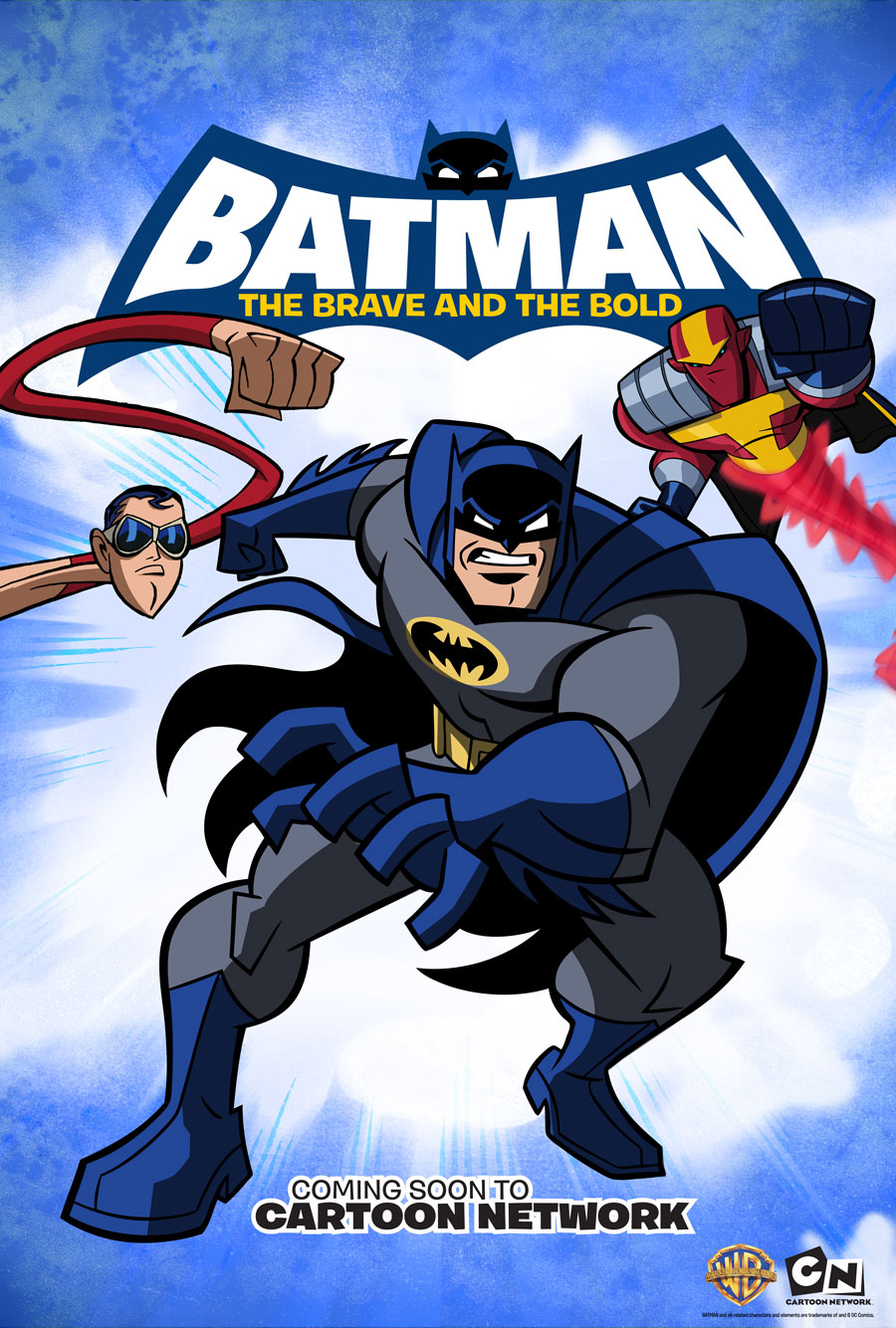


With only a few twists and turns to differentiate Foster’s self-proclaimed enforcer from the slew of preexisting movie antiheroes, director Neil Jordan uses her inner conflicts for extra complexity part of her wants to bloodily dispose of those who destroyed her comfortable life, while the other part wants to put it all behind her and learn how to regain a sense of normalcy, evidenced by her own narration of her decent into identity-altering violence.įoster’s performance is potent, believable, and sensible, but she continues to play slight variations on herself – whether it is on an airplane (“Flightplan”) or as a secretive high-power broker (“Inside Man”).


Who doesn’t love to see the underdog break the law in all the right places? Unfortunately, 1974’s “Death Wish” beat “The Brave One” to the punch. But when an honest cop is hot on her trail – and the bloodshed rapidly eats away at her soul – she must decide if the fragile line of right and wrong, lawful and unlawful, must be crossed yet again.įirst and foremost, this film goes for the typical Hollywood crowd-pleasing action – and exploitive vigilantism is a surefire trick. Patrolling alleyways, subways, and ghettos, Erica begins hunting down and killing those that seem to deserve it most. When Erica awakens in a hospital to learn that David has died, she vents her frustrations via vigilante justice in New York’s seedy underworld of crime. But all that changes abruptly when a gang of thugs viciously attacks the couple in the park and leaves them for dead. New York radio host Erica Bain (Jodie Foster) lives a picturesque life of happiness with her fiancé David (Naveen Andrews). Although “The Brave One” possesses believable circumstances, it proves that obeying the law isn’t nearly as much fun as breaking it – and that meting out retribution with cold steel is the quickest way to get a cheer from the audience. 45,” part “Kill Bill,” and mostly “Death Wish,” Neil Jordan’s “The Brave One” explores themes of justice, revenge, and moral ambiguity while unfolding a dramatic tale of vigilante terror – all with a driving undertone of “forgiveness is for wussies.” Paradoxical in its approach to individually determined recompense and brutal violence, the film works to entertain through cathartic gratification, which only serves to discredit the realism for which it originally strove.


 0 kommentar(er)
0 kommentar(er)
